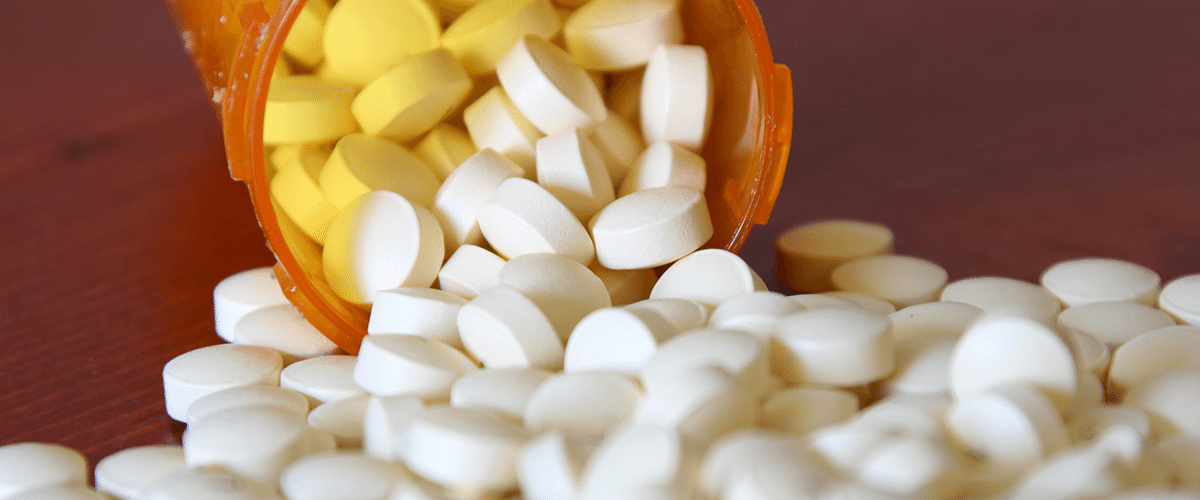[vc_row][vc_column][vc_column_text]
A new study has found that medical marijuana legalization is associated with a reduction in the number of hospitalizations related to opioid dependence or abuse.
The legalization of medical marijuana is associated with a reduction in the number of opioid-related hospital visits, according to a new study published in Drug and Alcohol Dependence.
Dr. Yuyan Shi of the Department of Family Medicine and Public Health at the University of California, San Diego examined the rates of hospitalizations involving opioid dependence or abuse between 1997 and 2014 and compared them to when the states in the U.S. with legalized medical marijuana implemented their laws.
Shi discovered that states saw a 23 percent decrease in hospitalizations related to opioid dependence or abuse, and a 13 percent reduction in hospitalizations related to opioid pain reliever overdose, after their medical marijuana policies were implemented. The study controlled for other marijuana and opioid-related policies, socioeconomic factors, and state and year fixed effects.
Shi’s study is the latest in a growing body of evidence indicating that medical marijuana could help address the nation’s opioid crisis, which claims the lives of 44 Americans everyday. Despite the recent dismissal by new U.S. Attorney General Jeff Sessions, cannabis has shown to be an effective chronic pain reducing agent, but without the same high risk for abuse, addiction, and overdose associated with opioids. Patients that use medical marijuana to manage chronic pain have shown to reduce their opioid intake by 64 percent.
A 2014 study published in the Journal of the American Medical Association found average painkiller overdose rates to be 25 percent lower in states that had legalized medical marijuana than in states where it remains illegal. Last September, a study by researchers from Columbia University’s Mailman School of Public Health found medical marijuana legalization to be linked to a reduced number of drivers in opioid-related car accidents.[/vc_column_text][/vc_column][/vc_row][vc_row][vc_column][vc_single_image image=”17843″ img_size=”1200×250″ onclick=”custom_link” link=”https://www.medicalmarijuanainc.com/evidence-suggests-cannabis-could-help-fix-opioid-crisis/”][/vc_column][/vc_row][vc_row][vc_column][vc_column_text]Researchers have urged physicians practicing in medical marijuana states to treat their chronic pain patients with cannabis rather than their regular go-to, opioids.
“Opioids are killing people right now,” Dr. Thomas Kerr, co-director of the B.C. Centre for Excellence in HIV/AIDS, said in an editorial published in a 2015 Journal of the Canadian Public Health Association. “There is no association with cannabis and mortality, and yet North America is in the midst of, really, what is a public health emergency associated to opioid overdose deaths.”
“There is no doubt marijuana is much safer than opiates,” said Dr. Jane Ballantyne, a pain specialist at the University of Washington and president of Physicians for Responsible Opioid Prescribing. “So we don’t discourage its use.”
While Shi observed that hospitalizations related to marijuana and opioid have risen by 300 percent on average in all states, she found no association between medical marijuana policies and marijuana-related hospitalizations.
Twenty-eight states in the U.S. have so far passed comprehensive medical marijuana legislation, and nearly all of them have approved medical cannabis specifically to treat pain.
You can access the entire study, “Medical marijuana policies and hospitalizations related to marijuana and opioid pain reliever,” on the Drug and Alcohol Dependence website.
Learn about cannabis’ efficacy for treating pain by visiting our education page.[/vc_column_text][/vc_column][/vc_row]






